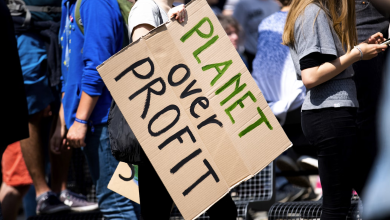UN Calls for Stronger Climate Commitments Amid Urgent Global Challenges

The 2024 Nationally Determined Contributions (NDC) Synthesis Report from the UN climate change secretariat (UNFCCC) revealed that existing plans are projected to lead to emissions of 51.5 gigatonnes of carbon dioxide (CO2) equivalent by 2030, which is merely 2.6 percent lower than the levels recorded in 2019.
As countries get ready for the upcoming UN climate change conference COP29 in Baku next month, Simon Stiell, the Executive Secretary of UNFCCC, called on governments to transform their commitments into actual outcomes in the real world and economy. During COP28, which took place in the United Arab Emirates, delegations pledged to triple renewable energy sources, enhance the global adaptation goal and move out from all fossil fuels.
Mr. Stiell highlighted, “COP29 must be an enabling COP, delivering concrete and ambitious outcomes on climate finance that take account of developing country needs, recognizing that such support is core business to protect every nation and the global economy from rampaging climate impacts.”
He also said that the findings are ‘Stark but not surprising.’ He added, “Current national climate plans fall miles short of what’s needed to stop global heating from crippling every economy and wrecking billions of lives and livelihoods across every country.”
The report indicated that the existing path is significantly below what scientific standards demand. The Intergovernmental Panel on Climate Change (IPCC), a UN scientific organization evaluating climate change and supplying governments with data essential for formulating climate policies, emphasizes that emissions must decrease by 43 percent in comparison to 2019 levels.
Mr. Stiell emphasized that the current pollution levels would inevitably lead to disastrous consequences for both humanity and economies in every nation. As we prepared for next year’s revised commitments, he proposed an “ABC test” for assessing new plans.
Mr Stiell added, “They must have ambitious new emissions targets that are economy wide…they must be broken down into sectors and gasses…and they must be credible, backed up by substantive regulations, laws and funding.”
In the end of the NDC report, Mr Stiell stated that it should mark a key moment, ending the period of insufficiency and igniting a fresh phase of progress with significantly more ambitious national climate strategies from every nation expected from next year.



